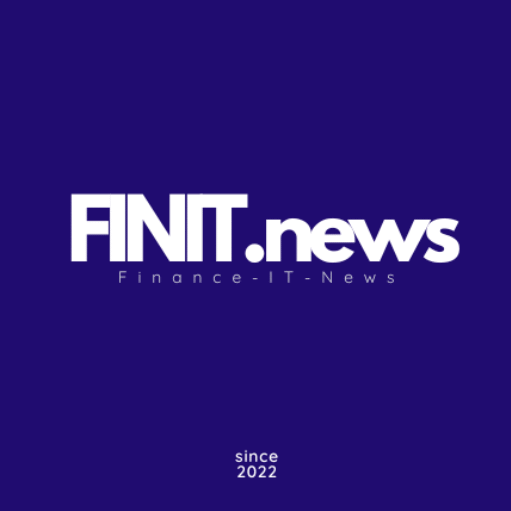Prior to yesterday’s court agreement, Anthropic had not yet entered into the kinds of high-profile licensing deals with news organizations that some of its AI rivals have secured. Where OpenAI has struck partnerships with outlets like The Atlantic, The Financial Times, and the Associated Press, Anthropic has taken a slower and less public route when it comes to news content. According to 360 law, anthropic, and a group of authors have reached an agreement that will likely set a precedent for individuals seeking restitution due to the web scraping of your content.
The company has been criticized for its reliance on aggressive web scraping, a practice as many people to decry as essentially stealing the content even if for derived use. To be fair, many companies rely on web scraping to create derivative products, ones not even related to AI, but, rather, products that have the sole purpose for aggregation of their content, much like an RSS feed, but with additional features. This content and usage could also qualify as derivative use even if not for natural language generation (NLGj and other AI purposes. Since money has changed hands, one could make the argument that there is a need for restitution due to the increased profile web scraping has itself received as a consequence of AI. We wouldn’t be surprised that products like Lexis Nexus could be threatened and other for pay search engines.
Past Investigations
A recent investigation by the Financial Times described how publishers have accused Anthropic of pulling vast quantities of material without permission. This practice has fueled frustration among news providers who see their work being ingested into training systems without compensation. The tension has heightened industry-wide calls for licensing frameworks that reward publishers for the use of their archives in AI development.
There are hints that Anthropic is positioning itself to enter the licensing space. The company recently hired Tom Turvey, a longtime publishing executive who previously ran global partnerships at Google Books. His experience managing complex relationships with publishers suggests Anthropic may be preparing to negotiate similar agreements in the future. So far, however, no public deal has been announced with a major news outlet.
In the meantime, Anthropic’s partnerships have been concentrated elsewhere. The company has worked with Wiley, the academic publishing house, to test responsible ways of integrating scholarly research into its models. It has partnered with Databricks to make its Claude models available inside enterprise data platforms, and it has deepened ties with Amazon and AWS, both investors and cloud infrastructure providers. More recently, Anthropic signed a $200 million agreement with the U.S. Department of Defense to explore applications of responsible AI in national security.
Taken together, these moves show that Anthropic is choosing to build relationships with research institutions, enterprise platforms, and government agencies first. News providers remain an open frontier because they are essentially suckers with content that is easy to steal. They must figure that the derivative use of the technology gives them the upper hand in the long term. The company has signaled, through its recent hiring and the broader industry pressure, that formal partnerships with publishers may be on the horizon, but for now Anthropic has yet to follow OpenAI and Perplexity into that territory.
Japan Reacts
For their part, Japanese publishers have sued Perplexity over alleged copyright infringement in Japanese court. Specifically, the Asahi Shimbun and Nikkei Inc. allege that their articles have been copied by Perplexity AI from at least around June last year. Often times, the manner in which these publishers can confirm their copy/paste methodology is that prompting for a very specific article – of which they are onf a few authors – leads to a regurgitation of their article contents.
The news publishers group has banded together to strike back against the now all too common practice of copying outright the content of web available content without permission or attribution. In other words, many of the victimized institutions are now finding themselves on the offensive with a sympathetic ear in some court venues.

